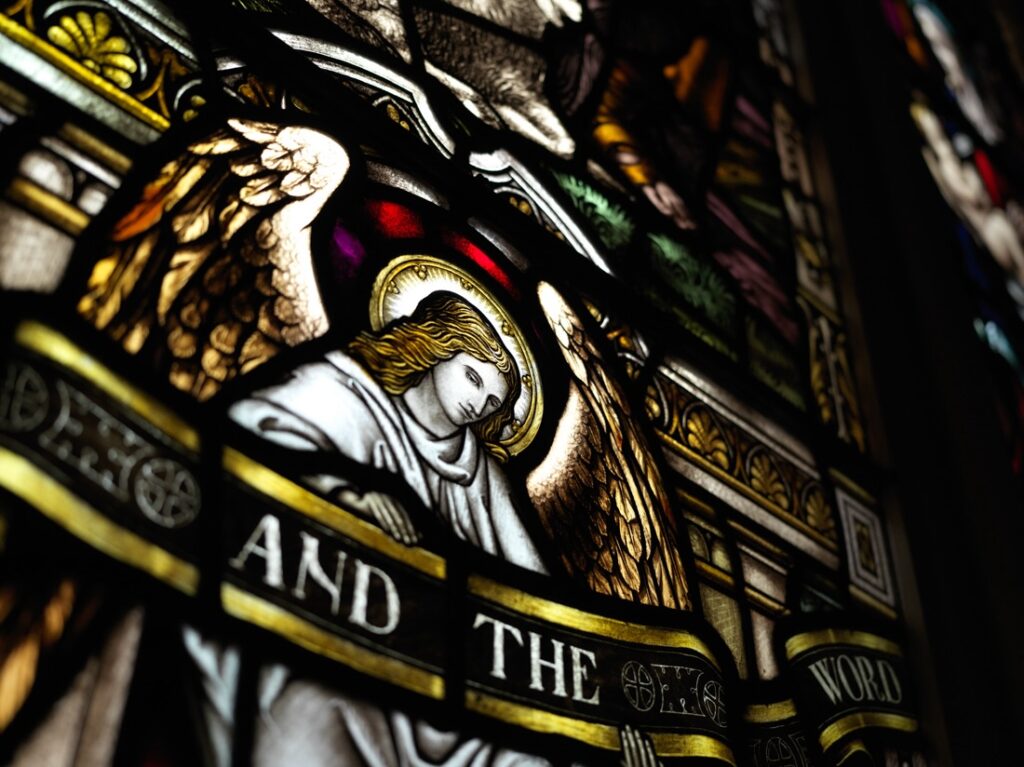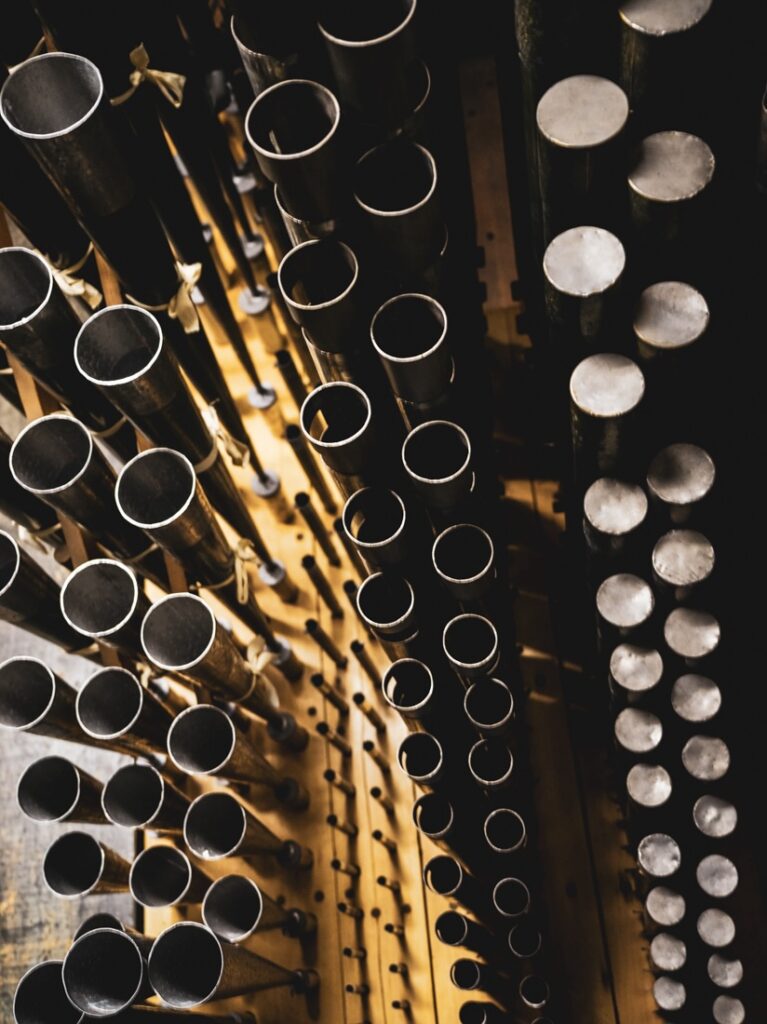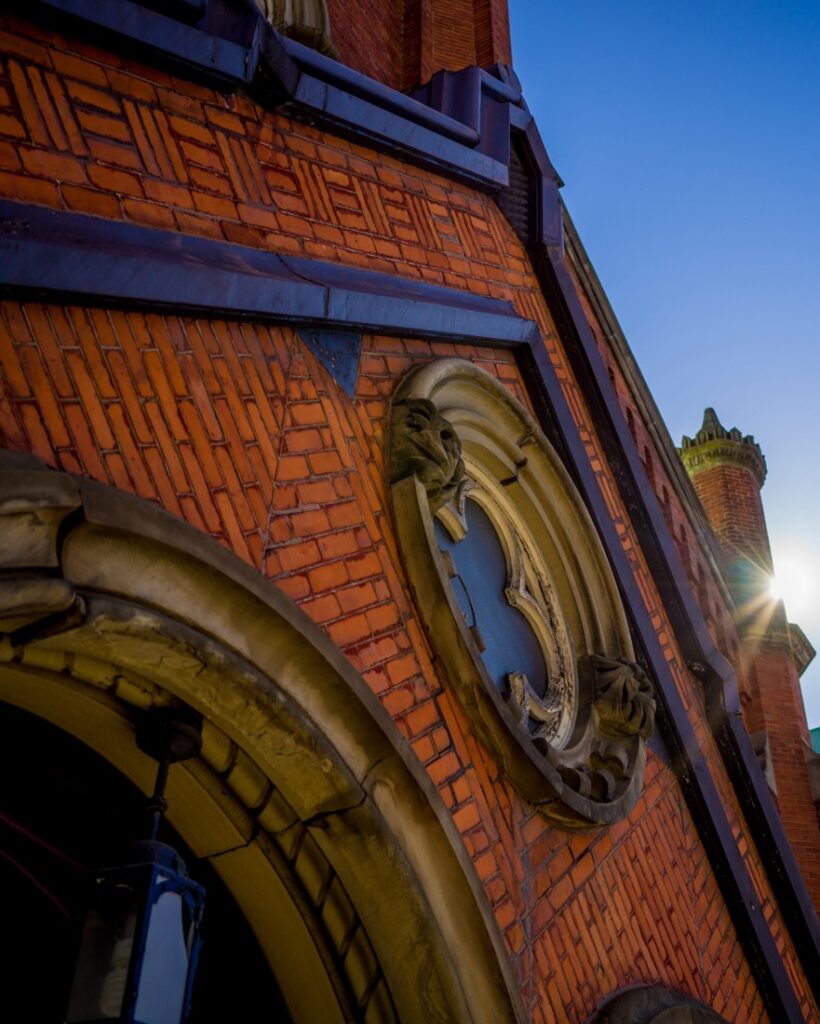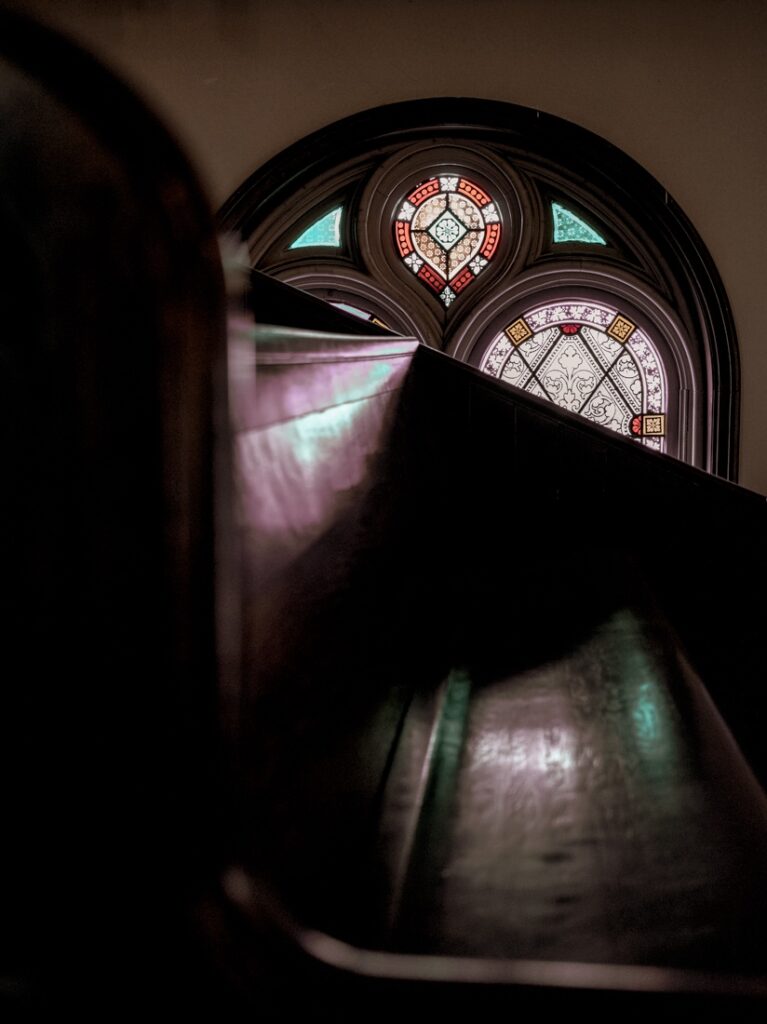A musical vision

The Music Hall project at the New Vision United Church has a $1.3-million plan to bring a modern 1,000-seat live music venue to the historic downtown place of worship.
Hamilton does not have a proper “mid-sized” 1,000-seat music venue.
That means there’s a rung missing from the music scene’s ladder. A local band with a rapidly growing fanbase might outgrow a 500-seat venue. The next-largest venue is FirstOntario Hall with over 2,000 seats, which is simply too big. This leaves many artists in limbo, with nowhere appropriate to play. The same goes for touring acts, many of whom pass over Hamilton simply because there’s nowhere suitable to perform. When the city formed its music strategy team a decade ago, members generally agreed: there is a need for a venue this size.
The Music Hall could be – would be, perhaps will be – the answer. It’s central, transit-adjacent, and accessible. It’s a heritage space that would be permanently open to the public. It has the venerable vibe of a place like Massey Hall, with its wrap-around mezzanine and stained-glass windows. It was built with acoustics in mind. It seats 993.
It’s also not finished – but the Music Hall Alliance is working to change that.
The property is owned by the United Church of Canada. The New Vision congregation knows that if they can succeed with the Music Hall project, that the city, the music scene, downtown Hamilton – and of course the church itself – all stand to benefit.
Helen Bradley is a church trustee and champion of the Music Hall concept. She originally joined the St. Giles congregation (at Main and Holton streets), thanks in part to its positive stance on the LGBTQ2S+ community. “They were providing space to the Elizabeth Fry Society and had opened a drop-in centre for sex trade workers. I thought to myself, that old chestnut, ‘What would Jesus do?’”
Years later, St. Giles and Centenary amalgamated to become New Vision. Bradley became a trustee to assist the church’s mission to help the folks downtown; as its website states, the congregation believes that “justice for persons experiencing marginalization is fundamental to the creation of an inclusive beloved community.” Newcomers are a large part of the congregation’s recent and notable expansion.
Finances, however, were not necessarily allowing them to meet their goals as they hoped. Yet here they were, sitting on this incredible space. A rental here and there – for rehearsals, for movie shoots – was helpful. A full-time purpose for the space, making the space accessible to the very community they serve, seemed like an even better idea.
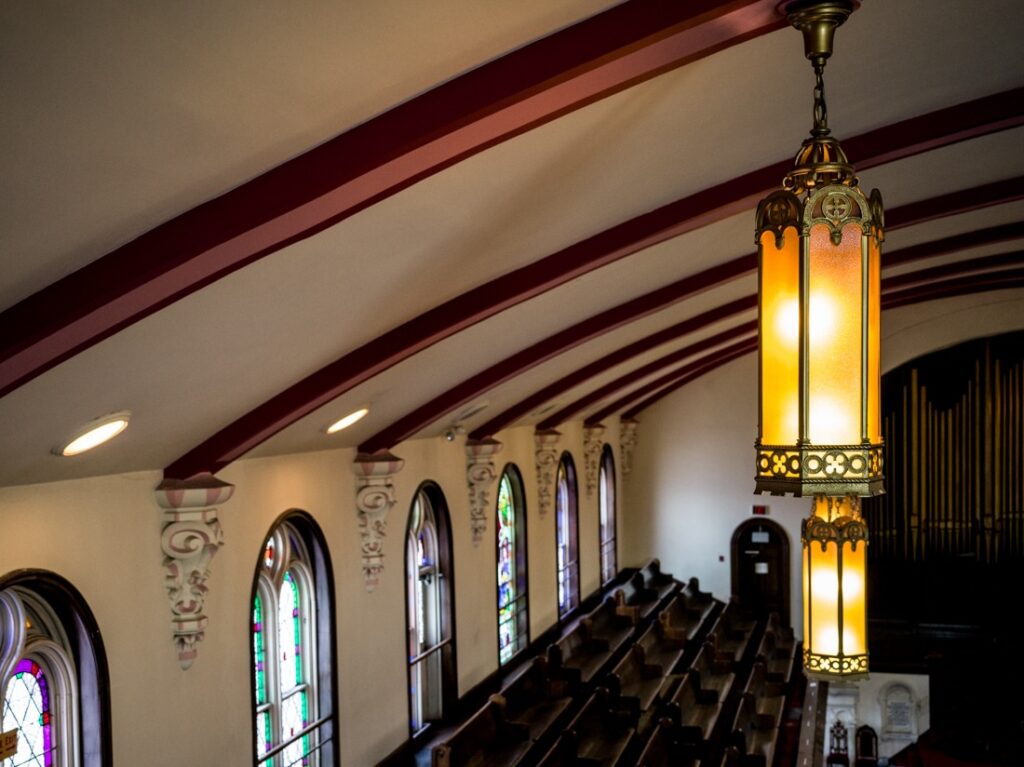
The room, however, is not ready to go. Performances have taken place there, including the memorable Welcome to Hamilton benefit for Syrian newcomers back in 2016, with headliner The National. However, to use the room as-is means a lot of red tape, several concessions to fire code such as renting extra washrooms and not filling the room to its full capacity.
“We're sort of at a bit of a tipping point right now,” says Bradley. “Our construction is visioned in two phases, really. Phase one is the stabilization of the floor in the sanctuary and also the remediation of the space underneath the floor. It all has to be done in a manner that keeps with its heritage designation.”
The costs to complete the job are not trivial, coming to an estimated $4 million dollars. Fundraising, from a variety of sources, will be crucial.
Glen and Jacqueline Norton were early proponents of the Music Hall initiative. Glen is the former director of the City’s economic development division and Jacqueline is the former manager with the music and film office. Today, both sit on the Music Hall Alliance board. They have, in some form, been pursuing this goal as long as New Vision has. Both were well aware that from certain standpoints – economic, cultural, tourism – the Music Hall project was worthwhile.
“The nice thing is that it can be a bit of a staged progression,” says Jacqueline about the construction. “There’s already been $500,000 going towards it, mostly from the United Church of Canada who want to keep their building alive; some of it is City money from a heritage grant. There's some serious renovation getting done. Reinforcement of the floor is a big one. Asbestos abatement, and realignment of some of the lower downstairs floors, too.”
Another part of this phase, would be raising the railings of the balcony for safety, which at the moment are perilously low. After that, once the space is compliant in the most important ways, the space will be usable at full capacity, and the work on other amenities can begin in stages. These include new accessible and gender-neutral washrooms, elevator replacement, new HVAC, exterior restoration and other improvements.
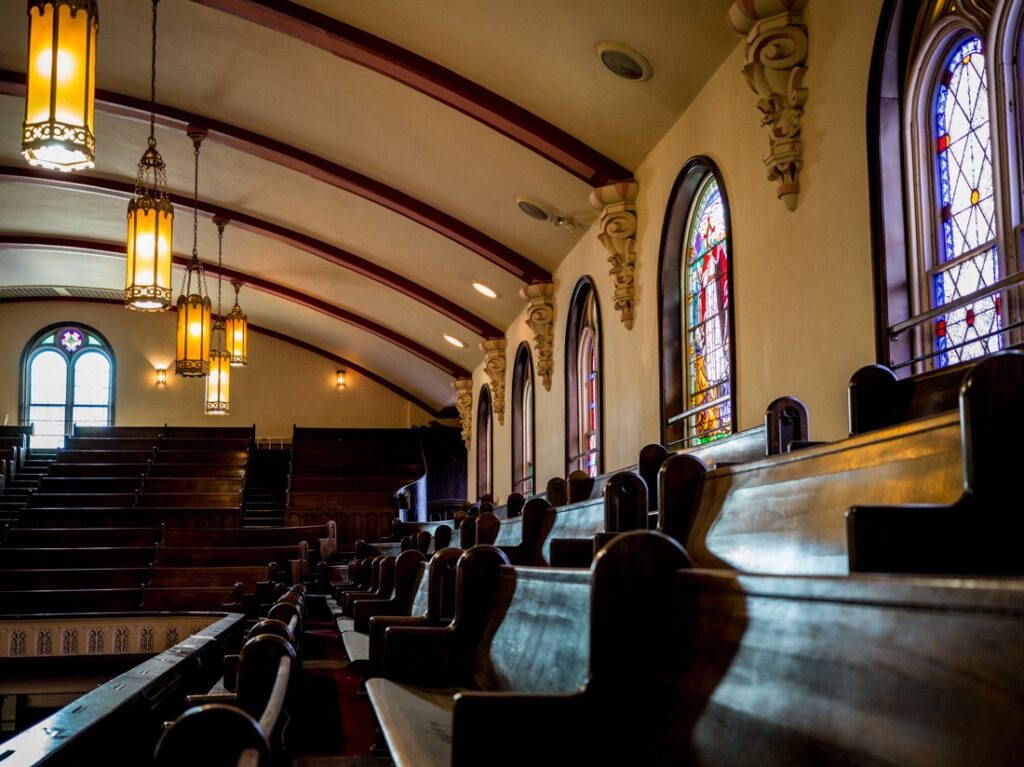
In January, Glen Norton gave a presentation to the City’s general issues committee about the project and its scope. The Music Hall Alliance board is asking the city for $900,000 of the $1.3 million needed for completion of the first phase. The money has provisionally been granted via the GIC and council must finalize the commitment.
Other granting agencies will be approached once municipal funds are confirmed. “There's really no point in talking to other levels of government until they know that the City's in,” says Glen. “That's just the way it works. Then we can also then go to private donors who want to make sure that something's going to happen, that it won't fail part way through. You need a certain amount of success before they will come on board.”
Many of Hamilton’s smaller venues have closed in recent years, not even necessarily due to the pandemic. It’s one sign of many that things are changing quickly in the city centre. Completion of the Music Hall would be change for the better in many ways. For the New Vision congregation, it would allow them to sustain themselves as well as provide an affordable space (thanks to flexible rental fees) for charitable causes, and community development, with an eye on developing marginalized creatives in Hamilton.
“We hope to rent to other programs that serve the marginalized in downtown Hamilton,” adds Bradley. “I think it's become pretty clear to us in recent months, particularly, that welcoming members of newcomers to Canada is part of what's going on in downtown Hamilton.”
For the average concert goer, these all count as wins, but there’s one more element to remember – the space itself. With its high ceilings, impressive stained-glass windows, and even the pipe organ (itself updated and operational, worth preserving on its very own) walking through the former sanctuary/soon-to-be Music Hall feels unlike any venue in recent memory. It feels historical. If all goes according to plan, then, our city’s history will be preserved to create opportunities – for expression, for enjoyment, for development – for the city’s future.
The Project
Name: The Music Hall
Place: The sanctuary of the New Vision (formerly Centenary) United Church, 24 Main St. W., Hamilton. Constructed in 1868, the structure has been designated a building of cultural heritage value by the city.
People: The Music Hall Alliance is a not-for-profit group formed to oversee the venue. It includes a board of directors, an advisory group, and a general membership of supporters.
Purpose: For New Vision, The Music Hall project will help the congregation preserve its historically significant building. It will also help the church continue to serve people in need in the city centre. As members stated during a delegation at City Hall, the Music Hall will “provide an affordable, accessible and safe space for marginalized and racialized voices to express their creativity.” It will be a crucial mid-sized venue for both local and touring artists.










